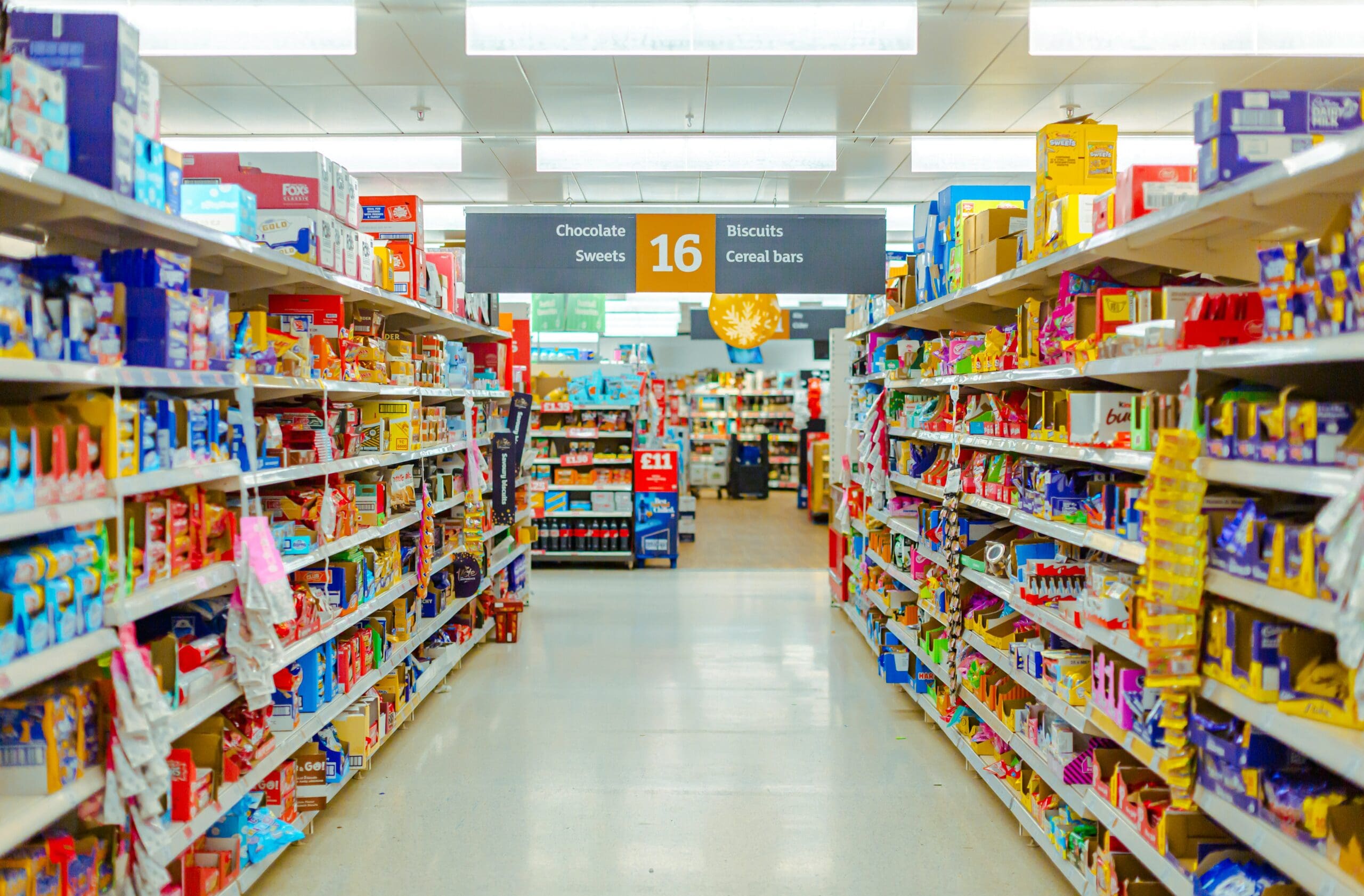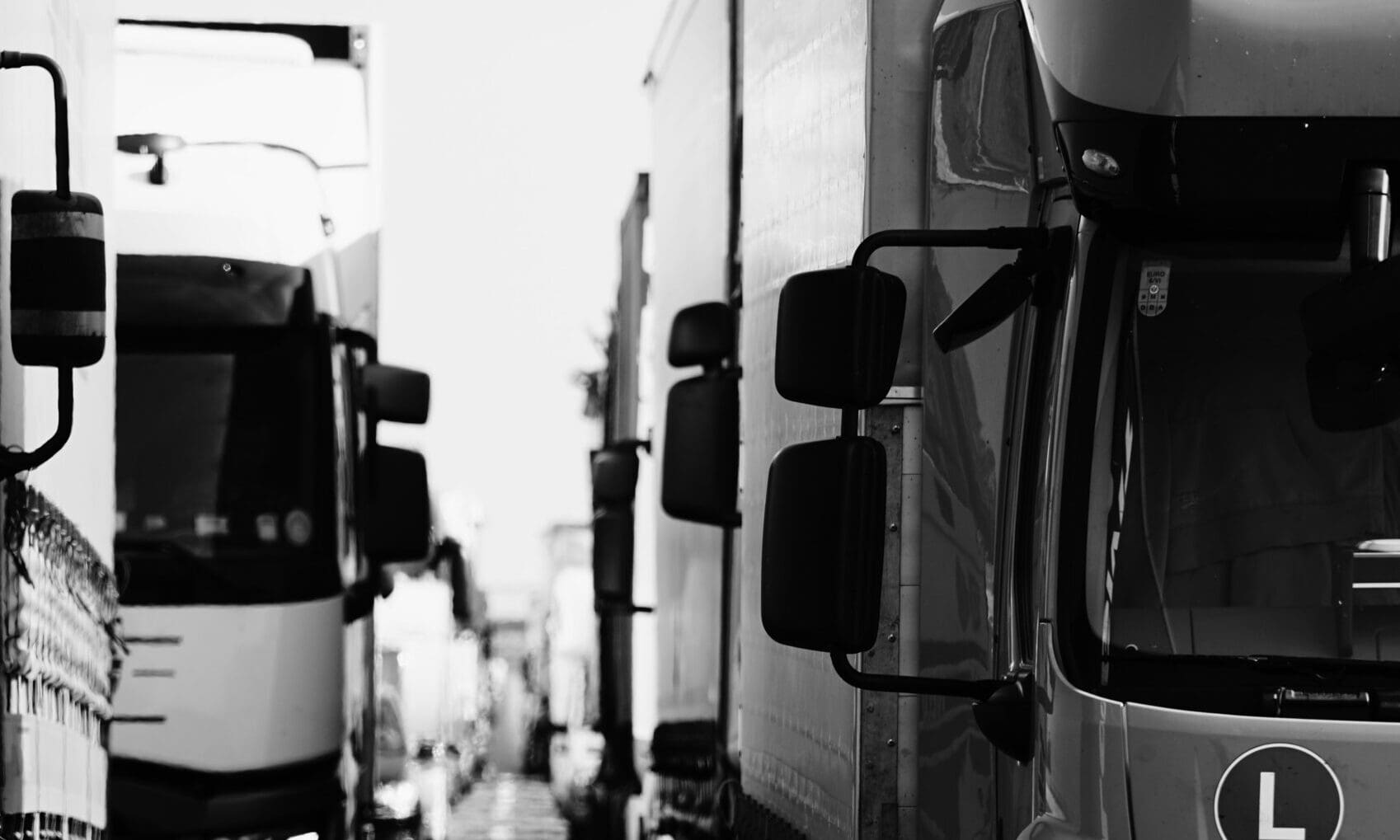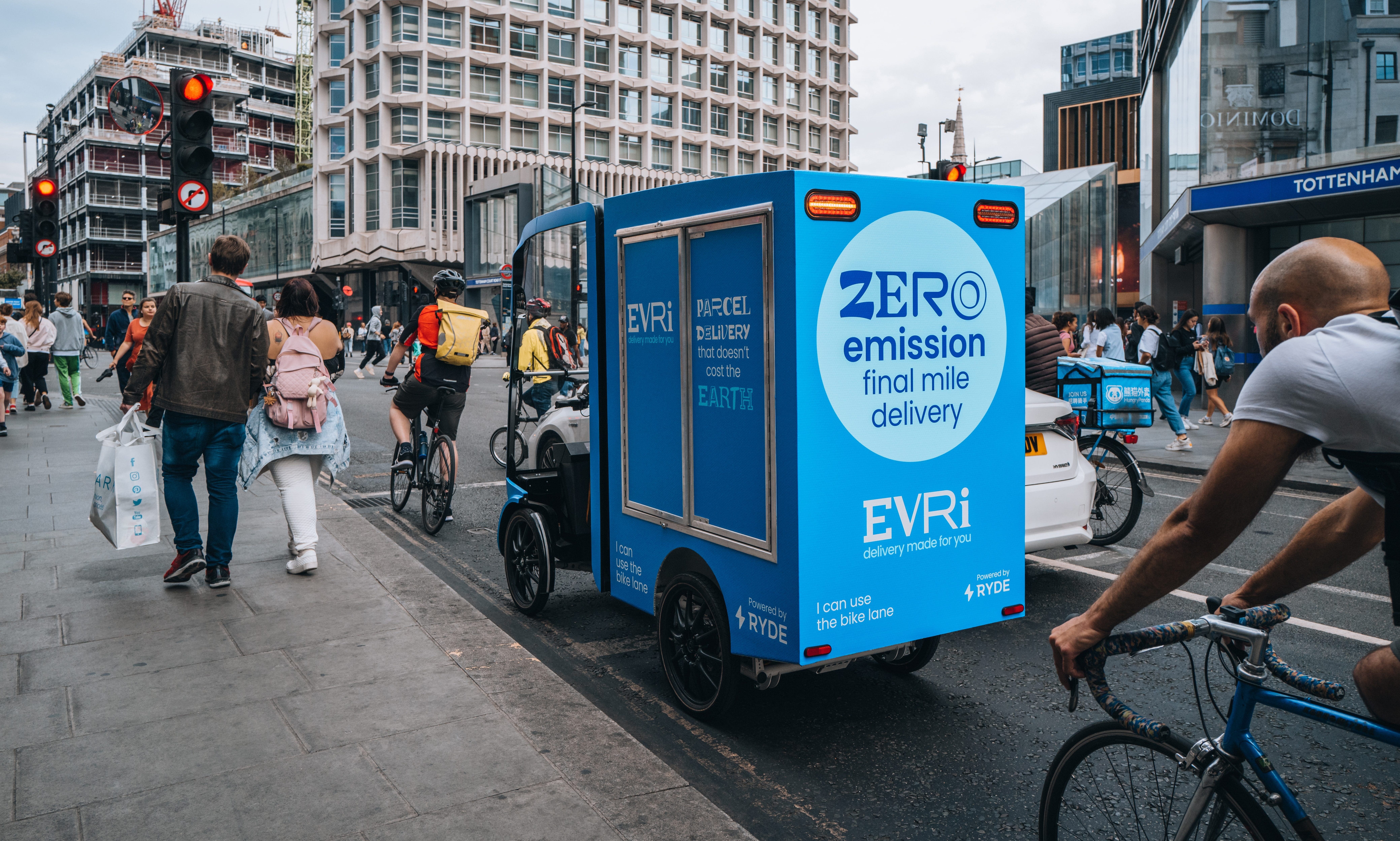Register to get 2 free articles
Reveal the article below by registering for our email newsletter.
Want unlimited access? View Plans
Already have an account? Sign in
Logistics UK, a leading trade group, has warned that a new fingerprint scheme which has been designed to tighten EU border security could disrupt fresh food deliveries in the run-up to Christmas, according to the Telegraph.
According to the new rules, all non-EU passengers at Dover will have to go through fingerprint and facial recognition checks. Logistics UK, which represents road, rail and marine transport firms, told the Telegraph that this could cause delays and interrupt the flow of goods.
It also stated that the changes threaten to disrupt truck traffic during the “food shoulder”, which is when the onset of winter leaves Britain reliant on imported products.
As a result, the group has called for a nationwide publicity campaign to avoid possible delays as the EU prepares to roll out its new Entry/Exit System (EES) on 10 November 2024.
As per calculations, it has been revealed that the EES could increase processing time for a car with a family of four from less than 60 seconds to seven minutes. Meanwhile, Imperial College London found that every extra minute adds about 10 miles to queues.
Additionally, according to evidence presented to Parliament by Ashford Council in Kent in January, the scheme could create 14-hour delays for passengers.
Under the new system, cars and lorries at Dover will be handed tablets to scan their own fingerprints and photos. While those boarding Eurotunnel vehicle shuttles at Folkestone and Eurostar trains at St Pancras International will be asked to use special booths.
Nichola Mallon, head of trade at Logistics UK, said that while most truckers are EU nationals and won’t need to undergo scans, a knock-on effect from any delays to car traffic “is inevitable and will result in lorries being forced to queue for hours on the M2”.
That would initially hit UK exports, such as seafood and perishable goods, before subsequently filtering through to essential products.
Mallon told the Telegraph: “If EES is implemented as planned, I’m afraid we’re facing a huge upheaval in the supply chain.
“The government needs to take the lead now on raising awareness among the public, managing their expectations and signposting where they can go for advice.”


















